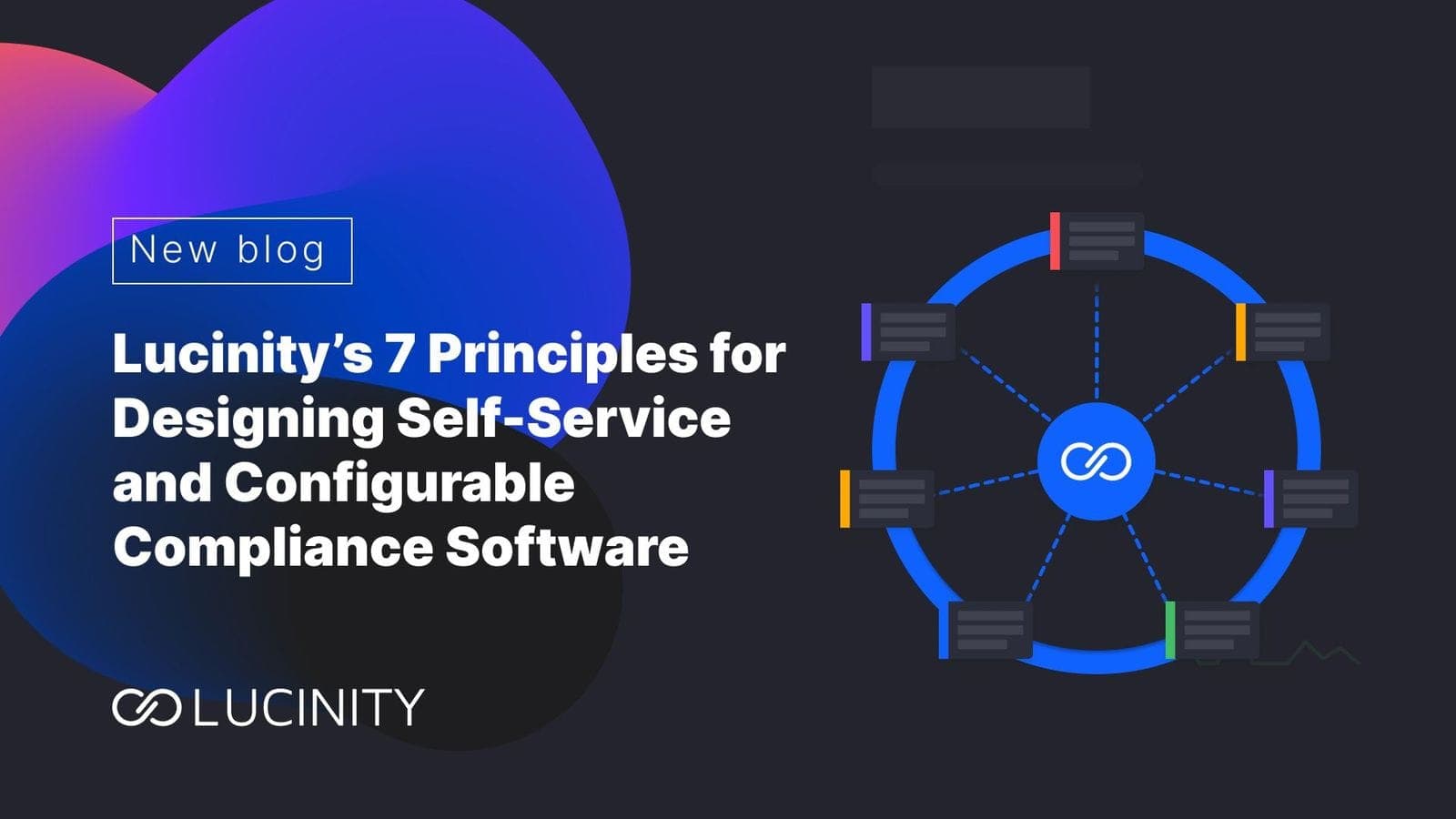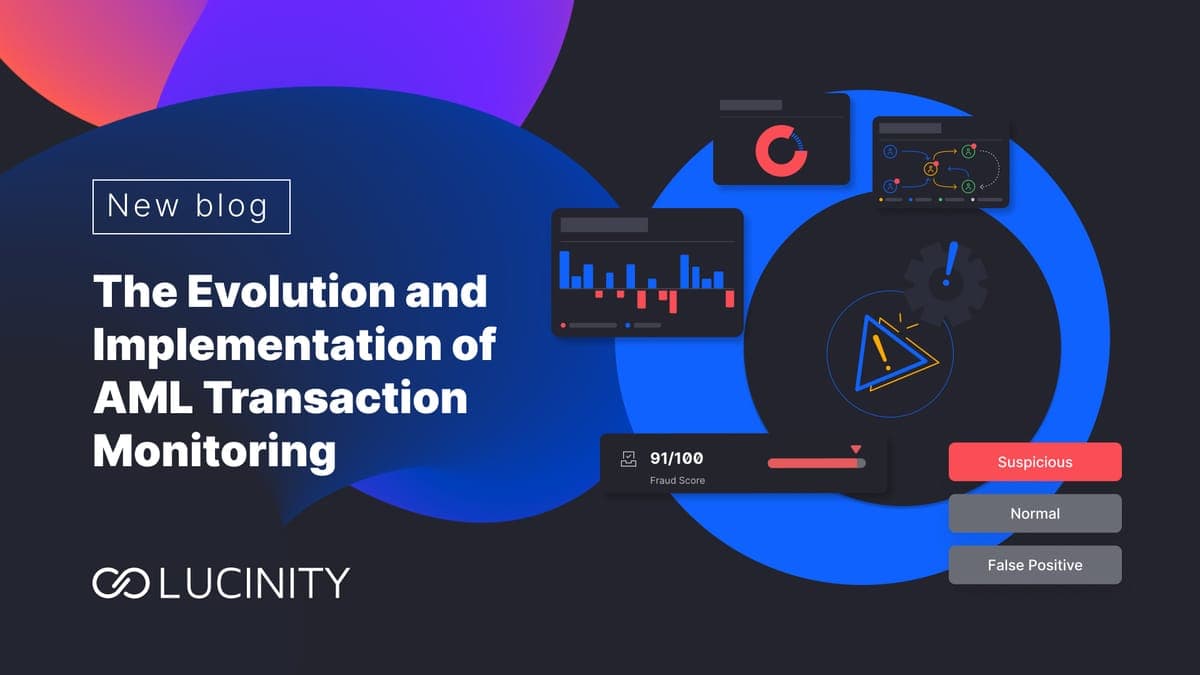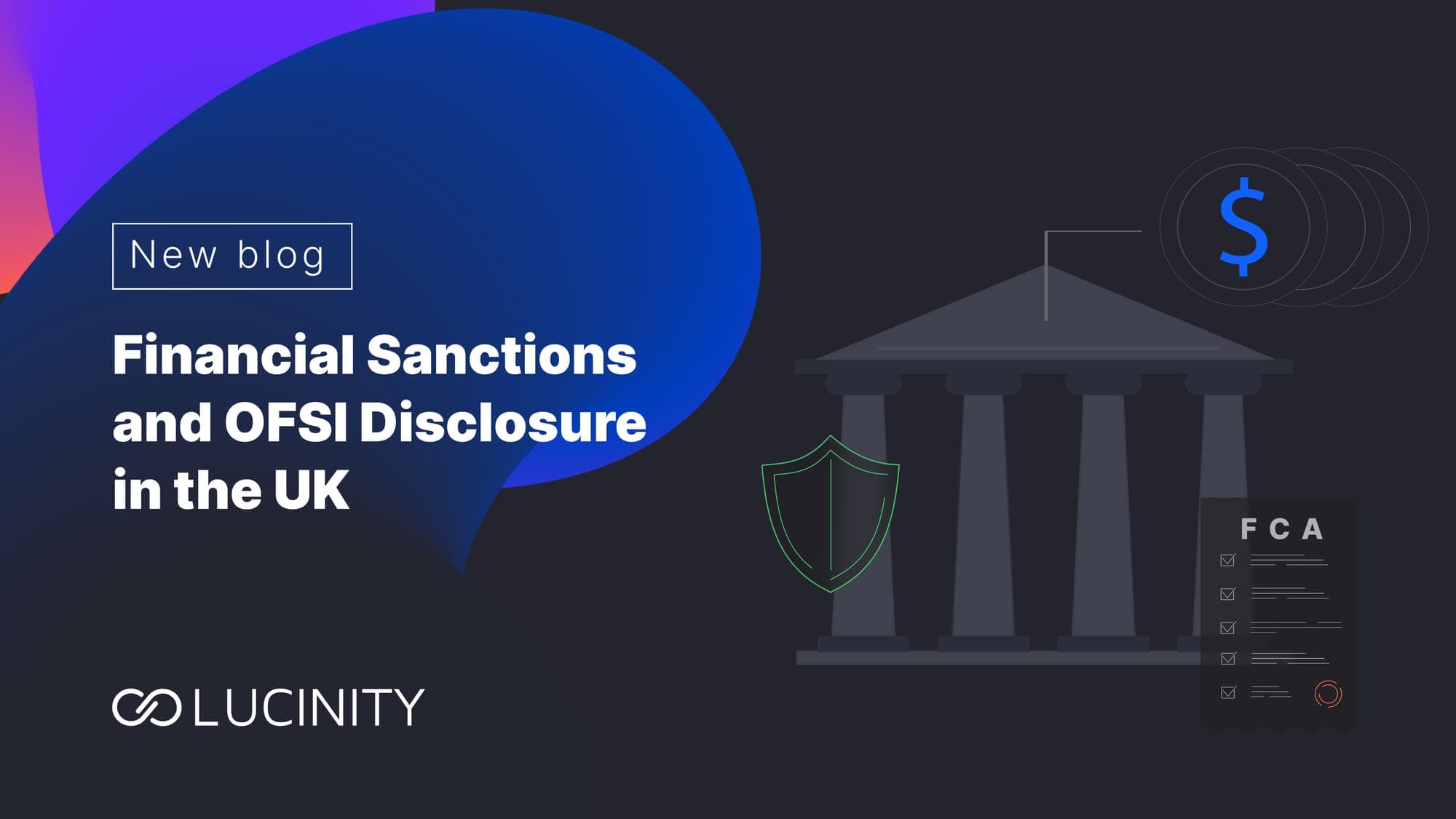Generative AI Can Help Banks Retain Good Workers, Not Replace Them
One year since ChatGPT's debut: Discover how in the financial crime space, AI is empowering workers, not replacing them, bringing substantial economic advantages to banks and companies alike.
A year is a long time in the world of AI. So much can change in just one week, let alone 52.
But even using the biggest scale, the impact made by ChatGPT since its launch on 30th November 2022, has been off the charts. It’s not an understatement to call this year of generative AI absolutely transformational for so many industries and companies across the world.
That includes the business of preventing financial crime, in which generative AI promises to revolutionize the approach to detecting and catching cases of money laundering and fraud.
Of course, ChatGPT and its makers, OpenAI, have had their challenges over the last 12 months, but there is no doubt they have both opened the eyes of companies and individuals to the power and effectiveness of generative AI. The software has been discussed at boardroom and breakfast tables the world over, making AI a mainstream term and more widely understood.
One of the challenges aimed at AI is that it will replace human workers; that the robots will take the places of and therefore the jobs of real people. But we see things quite differently at Lucinity.
We’ve always believed there should be a partnership between humans and AI, a collaboration between man and machine, in which a more empathetic AI works with employees, augmenting their skill level – not replacing their skills.
There may be a lot of talk in AI circles about the need to upskill workforces to avoid them being replaced, but we believe less-experienced workers can be elevated – upskilled by the AI itself – creating a partnership that is more valuable to a business.
Our copilot, Luci, turns everyday analysts into superhero investigators. We’ve made it easy to use and instantly rewarding to the user, so they feel empowered soon after using it for the first time. It means compliance teams learn faster, and quickly develop into more valuable case reviewers and investigators.
The benefits are partly due to Luci’s use of Open AI’s GPT-4 and GPT 3.5 since last year, which accelerated the development of the platform and its ability to support inexperienced compliance workers in banking.
Our data shows it could save a Tier 1 bank up to $36 million a year in training and recruitment costs – because less-experienced workers are onboarded and then levelled-up faster. This is in addition to a potential $100 million yearly boost in productivity* by cutting down financial crime investigation times from 2.5 hours to 25 minutes. Together, these savings highlight the power of smarter, faster FinCrime prevention.
But it’s not only the business that benefits. Because our AI dashboards are more engaging and exciting for analysts to use than dry spreadsheets of numbers, this improves their levels of job satisfaction and motivation – which in turn combats one of the biggest issues in bank compliance teams across the globe: staff turnover, or churn.
Churn is such a horrible term, and it’s not a particularly welcome challenge for banks either. According to a recent study**, the average turnover rate in compliance is 20-30%, which means a tier 1 bank could be replacing over 2,000 team members every year, which is staggering (not to mention expensive).
Our belief is that AI systems like Luci, don’t just use GPT technology to convert the complex to the simple, but they allow analysts to develop investigation skills earlier, thus transforming their role from formulaic to forensic, indifferent to involvement.
So let’s stop thinking of generative AI as the technology that will replace jobs and less experienced workers, and start thinking of it as supercharging those individuals to deliver even more value to business.
Learn more about Luci, your generative AI-powered copilot:
*Lucinity client data
** In a Business Sweden Study conducted on the US market in 2022 for Lucinity, interviews and surveys found that average turnover rate in compliance was 20-30%


